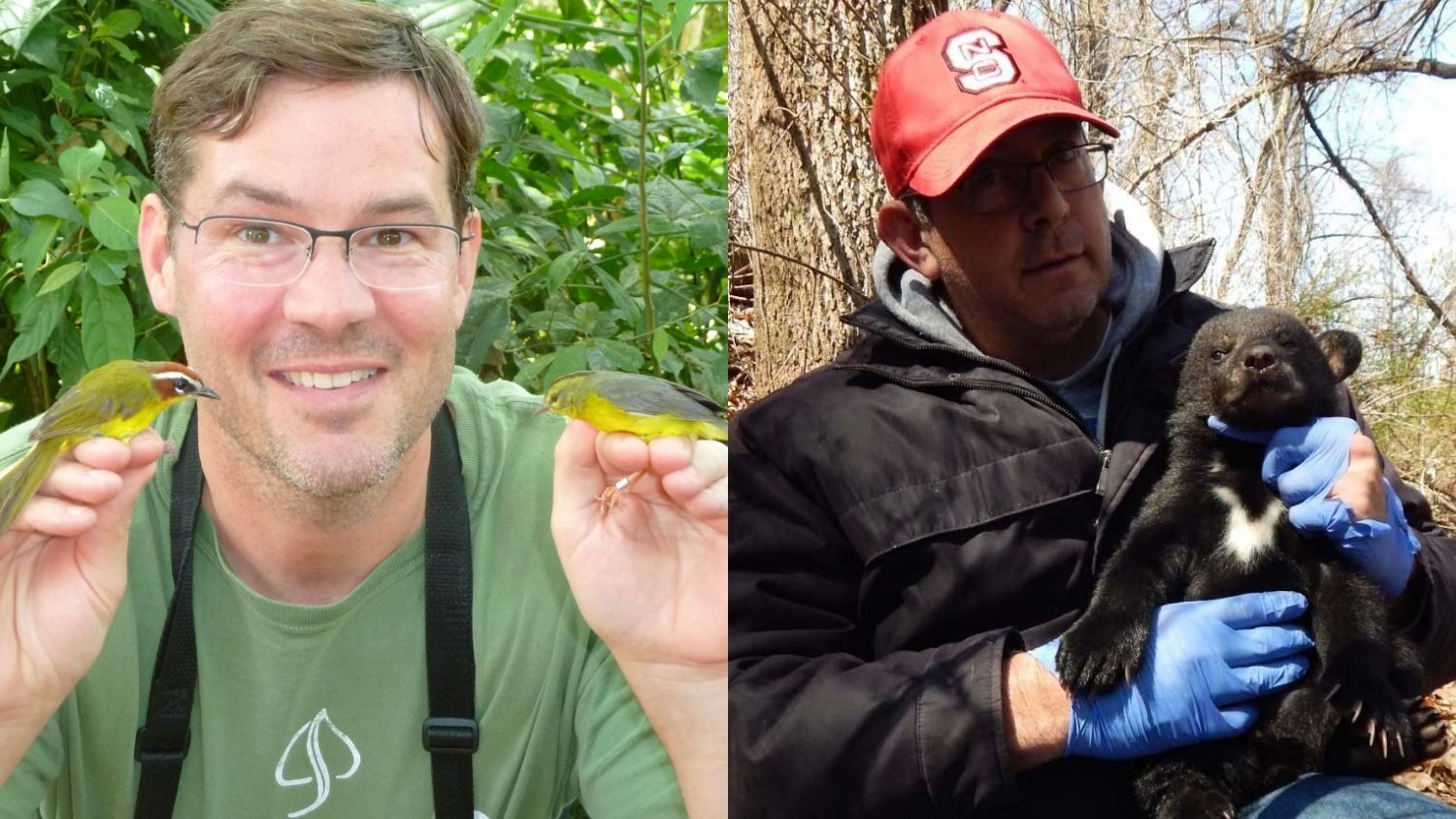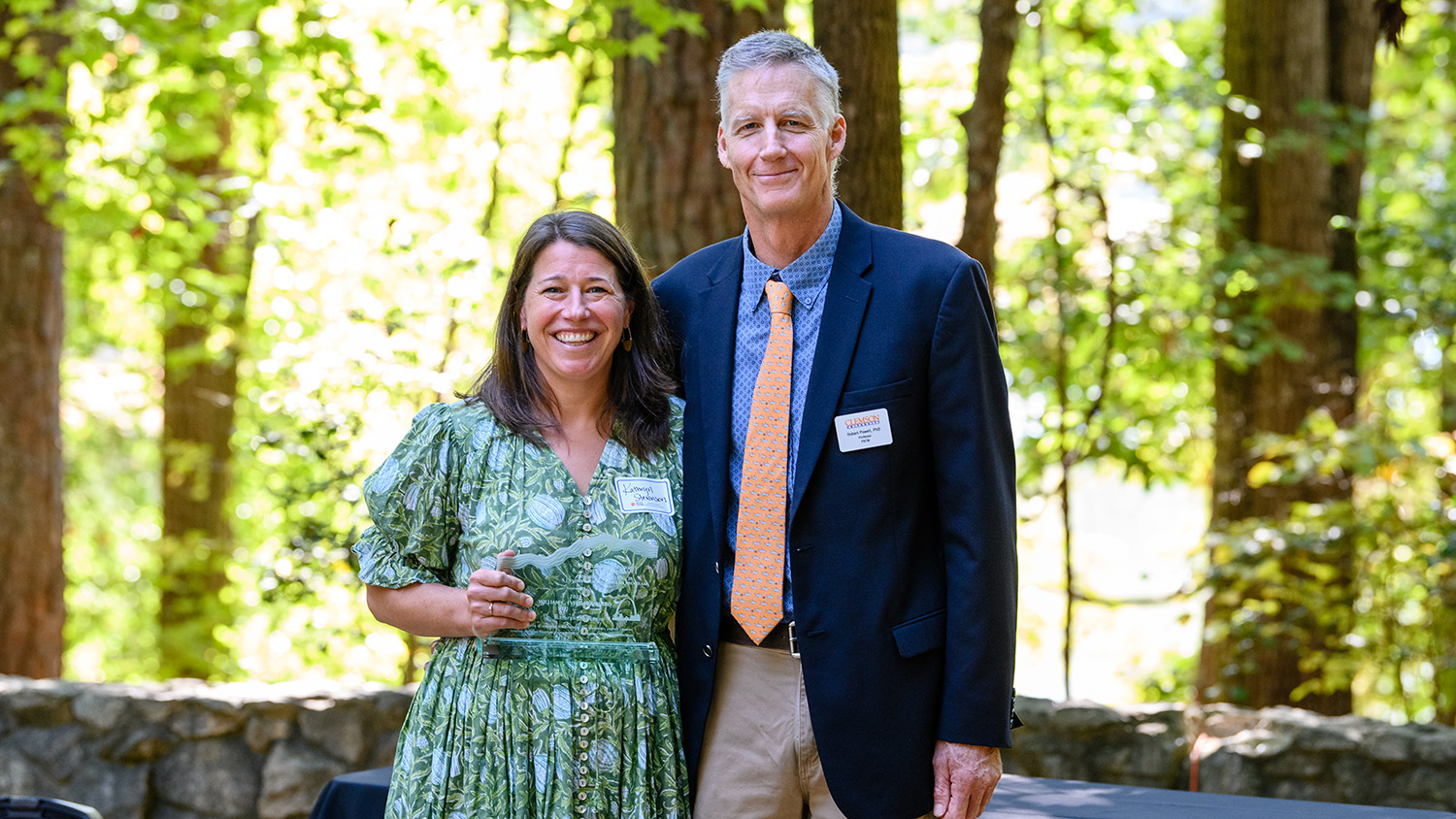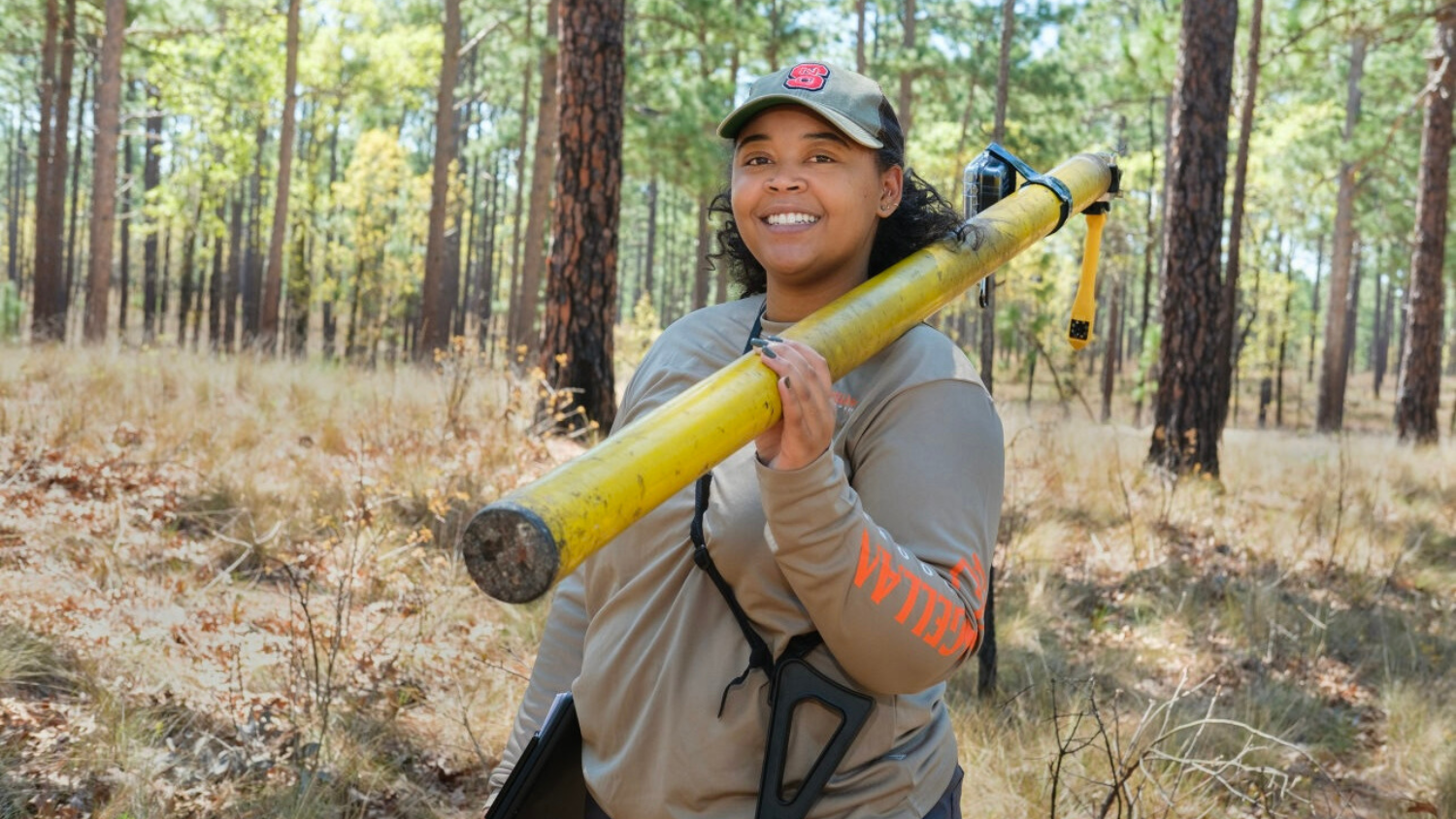Two Professors Named Fellows of The Wildlife Society

Chris DePerno and Chris Moorman, both professors at NC State’s College of Natural Resources, were recently named among The Wildlife Society (TWS) Fellows for 2021.
DePerno and Moorman are long-time members of the professional society, which aims to “inspire, empower and enable wildlife professionals to sustain wildlife populations and habitats through science-based management and conservation.” The two professors are among 10 newly selected fellows, chosen for their dedication and service to the wildlife profession.
Chris DePerno is coordinator of the Fisheries, Wildlife and Conservation Biology (FWCB) Program and has been a researcher, professor and extension specialist in the Department of Forestry and Environmental Resources since 2004. He has co-chaired 38 graduate student committees, served on an additional 20 graduate student committees, and supervised 14 undergraduate research projects.
DePerno has conducted research on wildlife diseases, wildlife physiology, habitat management, fire ecology, agricultural systems, urban wildlife management and human dimensions. He has also studied a variety of species, from river otters to Bachman’s Sparrows. His research has taken him to the Midwest and Southeast regions of the United States, as well as to Sweden.
Chris Moorman is a professor, University Faculty Scholar and associate head of the Department of Forestry and Environmental Resources. He was also coordinator of the FWCB Program from 2008 to 2020.
Upon first arriving at NC State in 1999, Moorman served as an extension wildlife specialist, and the programs he created helped lead to the creation of the North Carolina Prescribed Fire Council, the development of the North Carolina Birding Trail, and the initiative to landscape with native plants across North Carolina.
Moorman’s research and teaching efforts focus on global change and wildlife conservation, with an emphasis on sustainable forest management, fire ecology, conservation agriculture, renewable energy ecology and urban wildlife ecology and management. His students have gone on to become university faculty, government agency biologists, and employees for private industry and NGOs.
When asked about what it means to be named TWS Fellows, both DePerno and Moorman said it’s an honor to receive recognition for their work in the field. “During my sophomore year in college in 1997, I knew that I wanted to conduct wildlife research in an academic setting,” DePerno said. “I am honored to receive national recognition for my career accomplishments and being recognized by my peers is humbling.”
Moorman also noted that the recognition speaks well of the Fisheries, Wildlife and Conservation Biology Program as a whole. “Being selected as a Fellow of The Wildlife Society was gratifying because there is no greater distinction than recognition by one’s peers,” said Moorman. “Each one of the faculty in the FWCB Program is top notch, and having two of those faculty selected as Fellows of The Wildlife Society is clear evidence of the program’s well-rounded excellence.”
- Categories:


